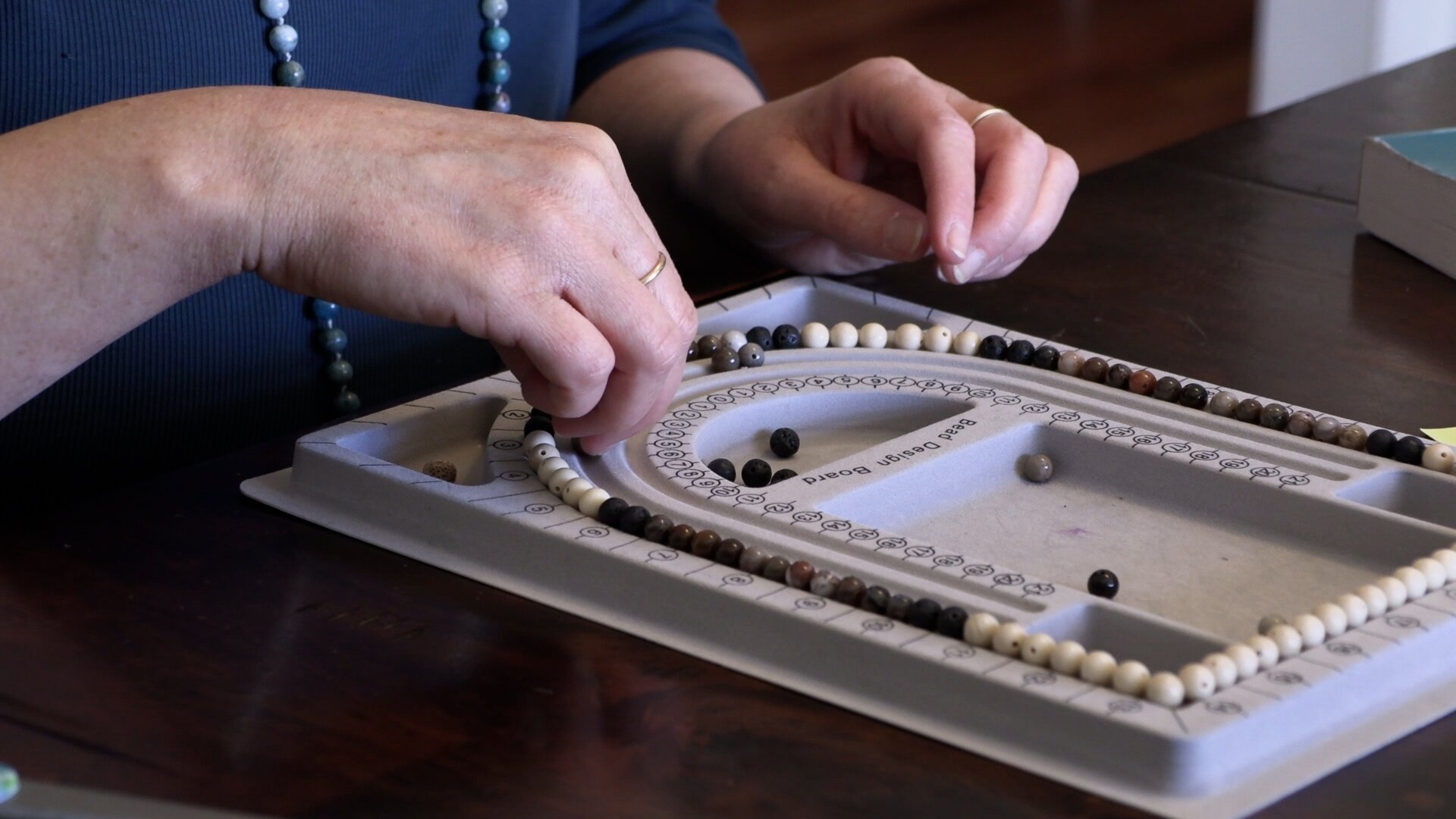When self-care becomes non-negotiable after a breast cancer diagnosis

LAKEWOOD, Colo. — When 46-year-old Erin LeBel found out that she has triple negative breast cancer, it was her third diagnosis of breast cancer in five years.
According to the Centers for Disease Control and Prevention, breast cancer is the most common cancer in women in the United States, and one in eight will be diagnosed.
“I was 41 when I was first diagnosed in 2018. I was at the playground with my kids after school when I got the call,” she added, explaining how shocked she was. “It was mind-blowing.”
The disease literally has a way of coming and going in LeBel’s life, something she has no fear of talking about.
“I’ve had a couple of periods of time where I’ve had some cancer free time for about six months, and then it rears its ugly head again,” she explained.
Not long after her first diagnosis, LeBel’s sister, Shannon Briese, was trying to think of ways to help LeBel mentally cope, and an idea came to her. “She was in a mala-making class, and she was really into meditation, and she thought, ‘I can show Erin how to do this.’”
A mala refers to a string of 108 beads, often used in Hinduism and Buddhism for praying and meditating, similar to rosaries in Catholicism. Sometimes referred to as "yoga beads," malas have been utilized by yogis for thousands of years to connect with their spirituality.
“Making a mala in itself is a meditation, and I’m one of those people who believes each stone carries different type of energy,” LeBel added.
For LeBel, the meditative practice of stringing beads together to make malas eventually turned into an organization she and her sister started called "Malas for Tatas."
Each one of the necklaces sold raises money to assist women with breast cancer pay for holistic, supplemental treatments — including acupuncture, reiki, and massage — that can sometimes help ease many of the symptoms of chemotherapy and radiation.

LeBel is a cancer nurse herself and says she understands how important it is to keep a certain mindset after getting a cancer diagnosis.
“I know the power of keeping your mind in a positive place; not false positivity, but being in a realistic and determined place is the best thing you can do. If you give up, it’s going to go badly,” she said.
Malas for Tatas periodically organizes mala-making brunches for women with breast cancer who want to learn the practice. LeBel said connecting with other people who’ve gone through similar experiences helps her maintain her mental health.
“People don’t know what to say when you have cancer. They don’t know how to talk to you, and it’s a lot different to be able to talk with someone who’s been though all these tests and exams," she said. "There’s not a lot of dignity being a patient, so it’s nice to talk to people who’ve been through it as well.”
LeBel told Rocky Mountain PBS that her current treatments for triple negative breast cancer are going well and that gives her hope. “I have a lot of motivation," she said. "I love my family and I have things I still want to do with my life.”
Dana Knowles is a multimedia journalist at Rocky Mountain PBS and can be reached at danaknowles@rmpbs.org.
Melanie Towler is a video editor at Rocky Mountain PBS and can be reached at melanietowler@rmpbs.org.
